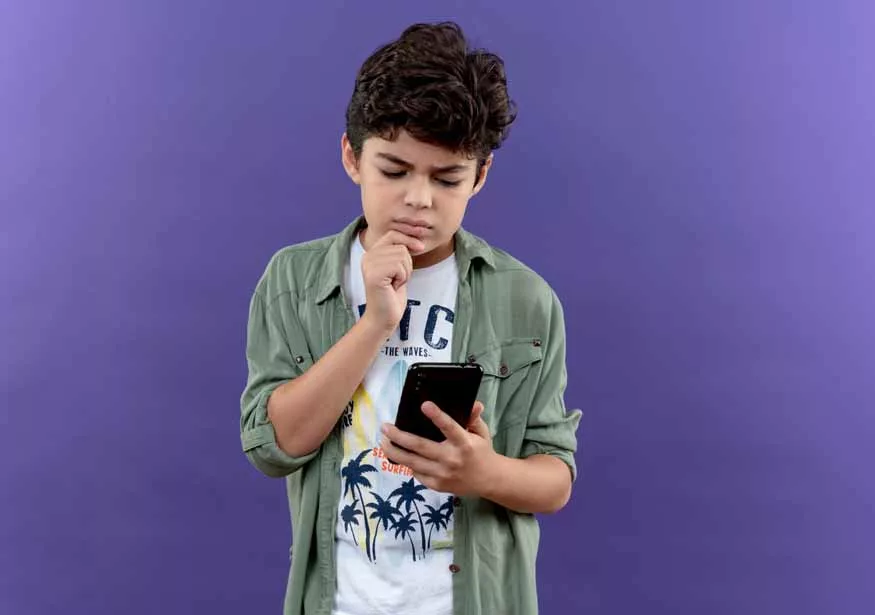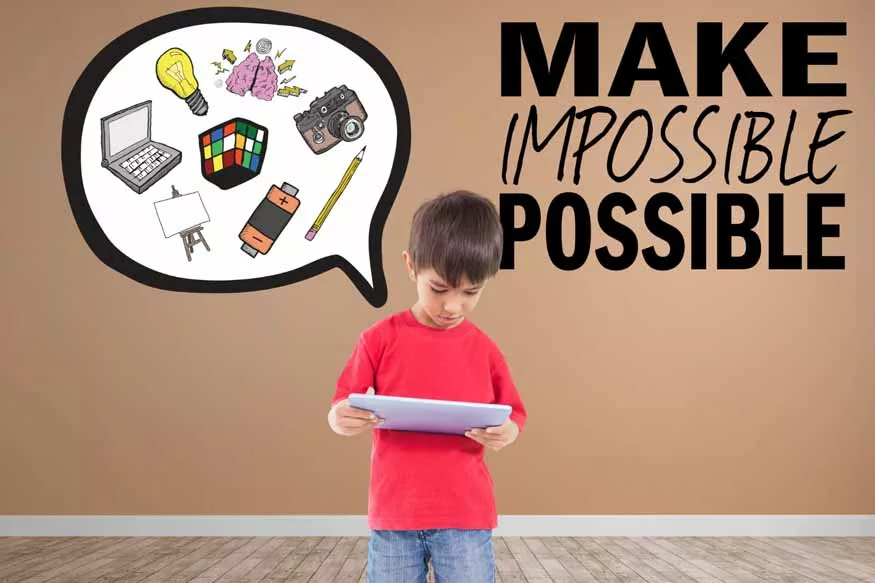In the contemporary digital landscape, children find themselves immersed in a constant stream of news, and unfortunately, some of this information can be distressing, particularly when it involves disasters. Effectively managing this influx of information is important for the overall well-being of children. Recognizing the pivotal role of parents and caregivers, here are strategies aimed at how to support children and provide guidance to children as they navigate the complexities of disaster news and distressing events.
Also Read: Building Emotional Intelligence In Children: Skills, Importance and Activities
- Open Communication:
- Age-Appropriate Information:
- Monitor Media Exposure:
- Provide Reassurance:
- Emphasize Coping Strategies:
- Be Mindful of Your Reactions:
- Seek Professional Help if Needed:
- Empower Critical Thinking:
- Establish Routine and Normalcy:
- Foster Empathy and Compassion:
- Involve Them in Safety Measures:
- Explore Cultural Perspectives:
- Utilize Storytelling and Literature:
- Encourage Questions and Curiosity:
- Connect with Other Parents:
- Focus on Positive News Stories:
- Engage in Educational Activities:
- Mindful Media Consumption:
- Plan Relaxation Activities:
- Reinforce Unconditional Love:
Encourage open communication with your child. Create a safe space where they feel comfortable expressing their thoughts and asking questions. Initiate conversations about current events, allowing them to share their feelings and concerns. Be attentive and listen actively to understand their perspective.
Tailor the information based on your child’s age and level of understanding. Shield younger children from graphic details, providing simplified explanations that focus on safety measures and reassurance. For older children, engage in more detailed discussions, ensuring that the information shared is appropriate for their maturity level.
Limit your child’s exposure to distressing news, especially through graphic images and repetitive coverage. Monitor the content they access online, on television, or through other media channels. Balance the information they receive with positive and uplifting content.
Emphasize safety and reassurance. Reassure your child that there are measures in place to keep them safe and that you are there to protect and support them. Highlight the resilience of communities in overcoming challenges and the helpers who come together during difficult times.
Teach and model healthy coping strategies. Encourage activities that help them process their emotions, such as drawing, journaling, or engaging in physical activities. By providing them with constructive outlets, you empower them to manage their feelings positively.
Also Read: What Should Be The Goals for Preschool Children?
Be mindful of your own emotions and reactions to news events. Demonstrate a calm and composed demeanor, showing them that it’s okay to feel concerned but that there are effective ways to manage those feelings.
If your child is exhibiting prolonged signs of distress or anxiety, consider seeking professional help. A child psychologist or counselor can provide specialized support and coping strategies tailored to your child’s individual needs.
Help them differentiate between facts and opinions, and discuss the importance of reliable sources. Teaching critical thinking skills equips them to approach news, especially disaster news with a discerning eye and fosters a sense of media literacy.
Maintain a sense of routine and normalcy in your child’s life. Predictability can be reassuring during times of uncertainty. Engage in regular activities, maintain bedtime routines, and ensure that daily life remains as stable as possible.
Use disturbing news for children as opportunities to foster empathy and compassion in your child. Discuss ways to help those affected by disasters, whether through donations, volunteering, or simply offering emotional support. Channeling their concern into positive action empowers children to make a difference.
Also Read: Fun Body Awareness Activities For Children
Include your child in discussions about safety measures and emergency preparedness. Teach them practical skills, such as creating an emergency kit or knowing evacuation routes. Involving them in these conversations helps them feel a sense of control and preparedness.
Take the opportunity to explore cultural perspectives and global awareness. Discussing how different communities respond to disasters can broaden your child’s understanding of the world. This approach fosters cultural sensitivity and a global perspective.
Storytelling can be a powerful tool for addressing complex topics. Use age-appropriate literature to explore themes of resilience, courage, and community. Discussing stories related to overcoming challenges can provide children with narratives that inspire hope.
Create an environment that encourages curiosity and questions. If your child expresses curiosity about specific events, address their questions openly and honestly. Acknowledge their curiosity as a healthy part of their development and an opportunity for shared learning.
Building a supportive network of parents facing similar challenges can be beneficial. Share experiences, strategies, and resources with other parents. This collective approach can provide diverse perspectives and additional support for navigating these conversations with children.
While it’s essential to stay informed, make an effort to highlight positive news stories as well. Share stories of resilience, kindness, and community support. Balancing the narrative with uplifting content can mitigate the overwhelming nature of distressing news.
Turn news events into educational opportunities. Explore the geography, history, and science behind natural disasters. This educational approach helps children contextualize events and fosters a deeper understanding of the world around them.
Model mindful media consumption by demonstrating how to critically evaluate information. Discuss the importance of fact-checking and verifying information before accepting it as true. Teaching media literacy is an invaluable skill that empowers children to navigate the digital landscape responsibly.
Also Read: Exciting Calendar Games for Kindergarten That Will Delight Children
Introduce relaxation activities into your child’s routine. Techniques such as deep breathing, mindfulness exercises, or simple yoga can help manage stress and anxiety. These practices contribute to emotional well-being and provide tools for handling challenging emotions.
Reinforce your unconditional love and support for your child. Remind them that they can always turn to you for comfort and guidance. Creating a secure attachment with your child lays the foundation for emotional resilience in the face of difficult situations.
Effectively navigating disaster news and disturbing news for children with them necessitates a comprehensive approach that emphasizes communication, education, and emotional support. In addition to the techniques previously covered, parents and other adults may build a strong foundation that enables kids to understand, process, and respond to the complexity of the outside world. By offering considerate direction and fostering a supportive atmosphere, parents may help kids acquire the abilities needed to handle difficult knowledge while also protecting their mental health. The goal of this all-encompassing approach is to provide kids with the skills they need to interact with the world in a way that promotes resilience and understanding.
Starting on a journey of compassionate education, EuroSchool recognizes the importance of supporting children through challenging times, including exposure to distressing news events. At EuroSchool, we prioritize holistic development, fostering resilience, empathy, and critical thinking in our students. Our approach to education goes beyond the classroom, giving kids the tools they need to confidently manage the complex world around them. Your child learns in a supportive atmosphere at EuroSchool that fosters inquiry, values variety and instills a feeling of accountability. Join us in shaping resilient individuals who not only understand the world but actively contribute to making it a better place. EuroSchool – Nurturing Minds, Empowering Futures.










